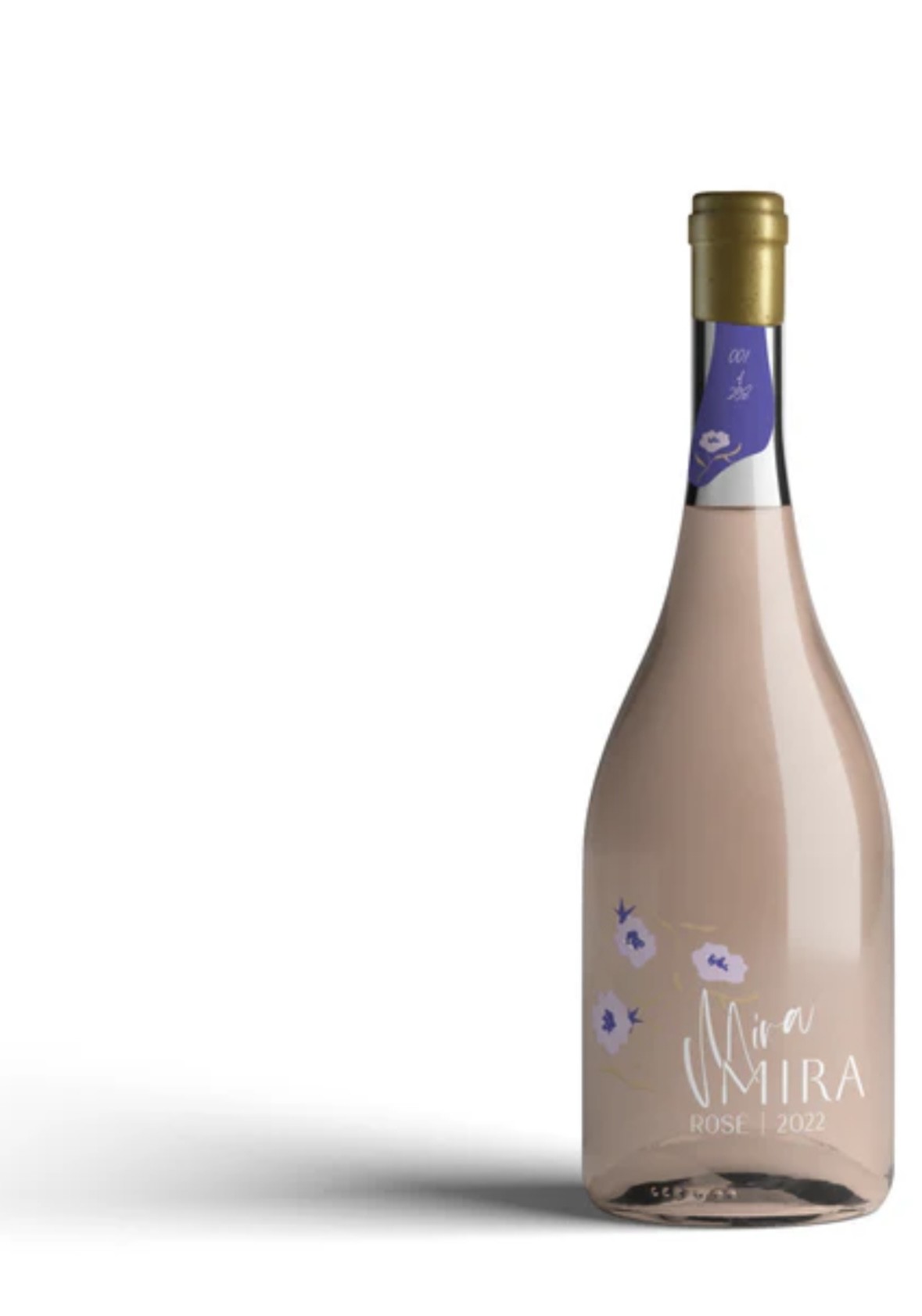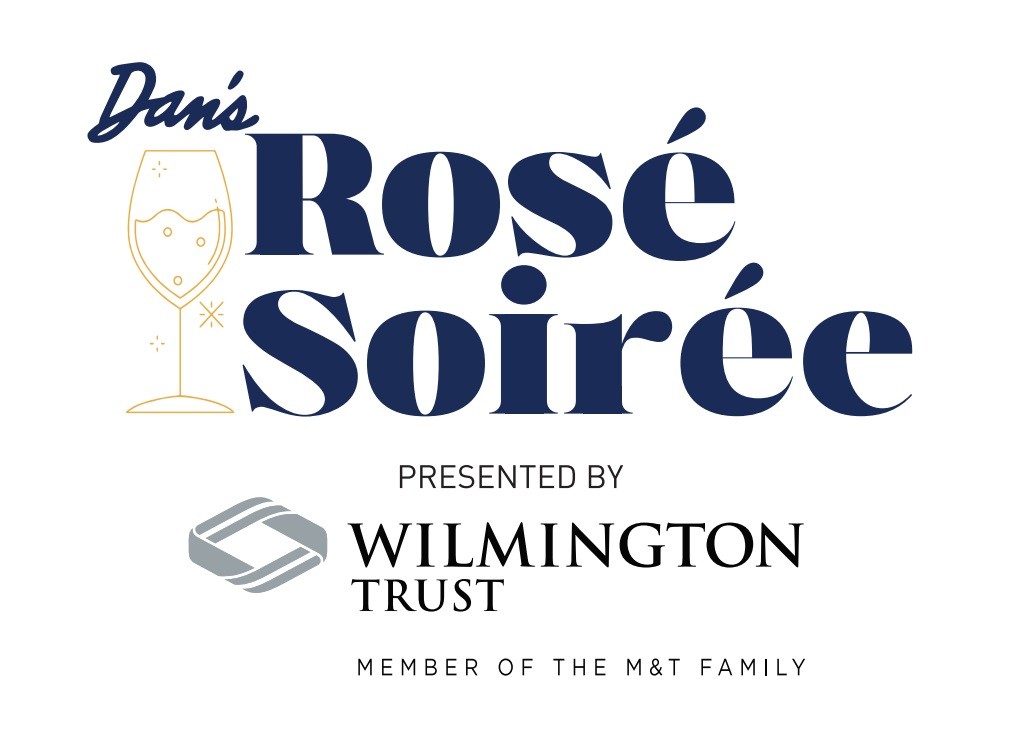Mira Mira Wines Founder Prithvi Raj Talks Rose Soiree

Rosé Soirée presented by Wilmington Trust
Prithvi Raj, founder of Mira Mira Wines, is known for his innovative rosé Malbec.
In an interview with Dan’s Papers ahead of his appearance at Dan’s Rosé Soireé presented by Wilmington Trust, Raj discussed his inspiration behind crafting a rosé from the traditionally bold Malbec grape, emphasizing a unique approach that balances vibrant fruit flavors with a crisp finish.
He highlighted the meticulous process, from selecting premium grapes to the careful fermentation techniques that preserve the wine’s delicate hues and aromas. Raj’s passion for winemaking and commitment to quality were evident as he shared his vision for Mira Mira Wines, aiming to bring a fresh and exciting option to rosé enthusiasts.
This year’s kickoff to summer in the Hamptons, Dan’s Rosé Soireé Presented by Wilmington Trust is this Sunday, May 26 in Southampton. Tickets include tastings from more than 20 rosé wines sourced from the best wineries throughout the South Fork, North Fork and top wine regions from across the world, as well as over15 top chefs offering up their best bites.
Plus enjoy a full bar of craft beers, speciality cocktails, DJs, live music and lots of fun. Learn more and get tickets at DansTaste.com.

Meet Mira Mira Wines Founder Prithvi Raj
How did you get into this line of work?
The business is really a hobby and passion business for our family. It’s not our primary full-time line of work. We’re in tech and real estate, and we had an opportunity to purchase a very special piece of land in Argentina, in Mendoza. It’s basically one of the first drafted vineyards that was planted with Malbec grapes from French Malbec grapes in the 1920s. And it’s been in a very historic vineyard, historic location, very picturesque kind of place.
We’ve loved Malbec wines and thought there’s an opportunity to bring those really more broadly here into the U.S., and so when we purchased the land, we ended up partnering with some local winemakers there to actually make the wine. As we thought about where the opportunities were in the market, one of the places that we think there’s a real opportunity is in the rosé market, particularly around thinking about rosés that have a couple of unique characteristics.
The first is that we think about this, as an alternative to beer, for someone who wants to pair with food that comes off the grill, like in a summer barbecue-type meal. So our rosé is designed to really have the acidity and the body to be able to stand up to really heavier foods, but to also be refreshing, acidic, crisp and fruity enough to actually enjoy drinking in the summer.
It’s not like a heavy red wine, but it’s got enough aromatics and enough flavor to be interesting to drink and enjoyable to drink and to really be able to stand up against those foods off the grill. In addition, we’ve been able to achieve that with the very beautiful pale-pink color that you typically really want from a rosé. That’s what really makes this rosé unique. It’s got the depth and body of a red wine, but with the color, crispness and refreshing nature of a traditional French rosé.
What trends are you seeing in the industry?
I think it’s interesting because we think a lot about rosé or wine in the context of scenarios and how we stand apart from everything else in the market. And so, one of the things that we’ve been focused on is really making it easy for people to figure out how to pair, or when to pair, our wines and making them accessible to pair with specific types of food. That’s why we’ve been really focused on the scenario of the summer grill-type thing for our rosé, where we can make it and design it in such a way that it pairs really well with other types of foods, to make that process and the thinking a little bit easier for drinkers.
Second thing is that part of the reason that we are so interested in Argentina as a source for our grapes, is that we think in a world of climate change, Argentina is very well positioned to be effective and be able to thrive in a world with hotter climates. That happens to be particularly true for old vines because they’ve matured over a hundred-plus years so they’ve been able to adapt, and we think they’ll adapt a little bit better to climate change.
The other thing that we do is a lot of regenerative farming. So you go to our vineyard, and it’s not perfectly tilled, we actually have horses that come in and eat them, keep things clean and allow for a more natural process of the land itself. We do a pretty low-intervention amount of work in the wines themselves. Certainly in the rosé, it’s pretty straightforward and simple. It’s not in any oak barrels or anything like that, which most rosés are not. But generally, low-intervention wine really lets the grapes speak for themselves.
What would you say is your favorite wine?
I obviously love Argentinian Malbecs, but of our portfolio, really the rosé is my favorite. because it is just so drinkable. And it’s so versatile for so many different occasions — whether you just want something to pair in the afternoon drinking by the pool, or you want to drink it with some cheese or with a burger or whatever. I find it to be incredibly refreshing and crisp.
Where do you get your inspiration from?
We try to keep the brand and the wine as close to the culture of the local place, so I spend quite a bit of time in Argentina, in Mendoza. And so you’ll see that the wines, the labels, all of that is done by local Argentinians, local people from Mendoza. We really do try to honor the heritage of the place, the land and the culture in the wine itself.
What unique winemaking rituals does the winery have?
Some of the fun things that you’ll see on the bottles are that they’re all numbered, they’re all hand-labeled, hand-numbered, so every bottle is very unique. We have extremely low production, so we only make a thousand bottles of rosé a year, so the focus is really on that quality and that experience. It’s not on mass production.
What is it you plan to serve at the Rosé Soirée?
We will primarily be serving our Rosé Malbec. We may also have a couple of our regular Malbecs and our estate vineyard Malbec, which we only make 300 bottles of, there for fun, if someone wants to have a little taste.
To learn more about Mira Mira Wines, visit miramirawines.com.




